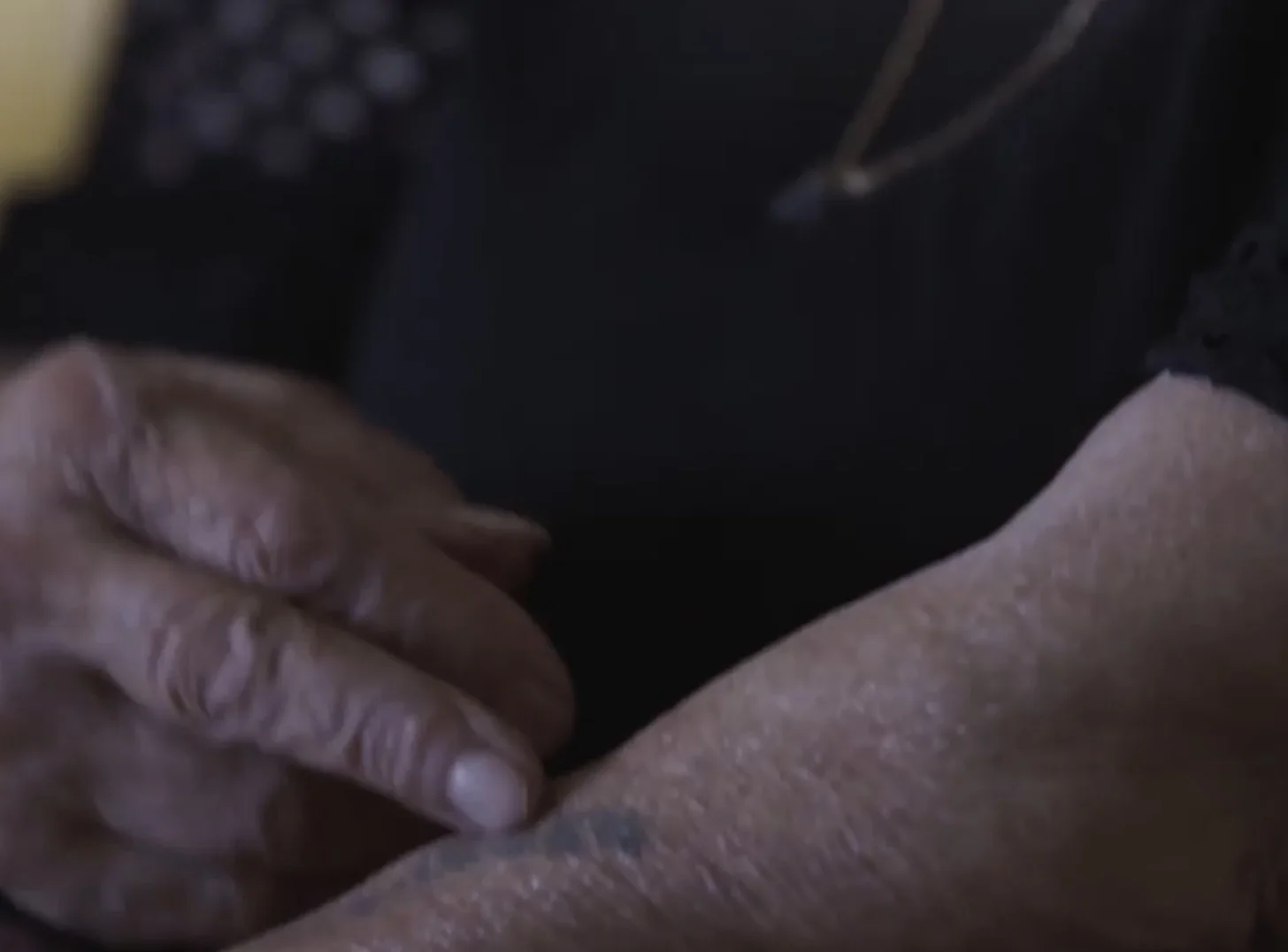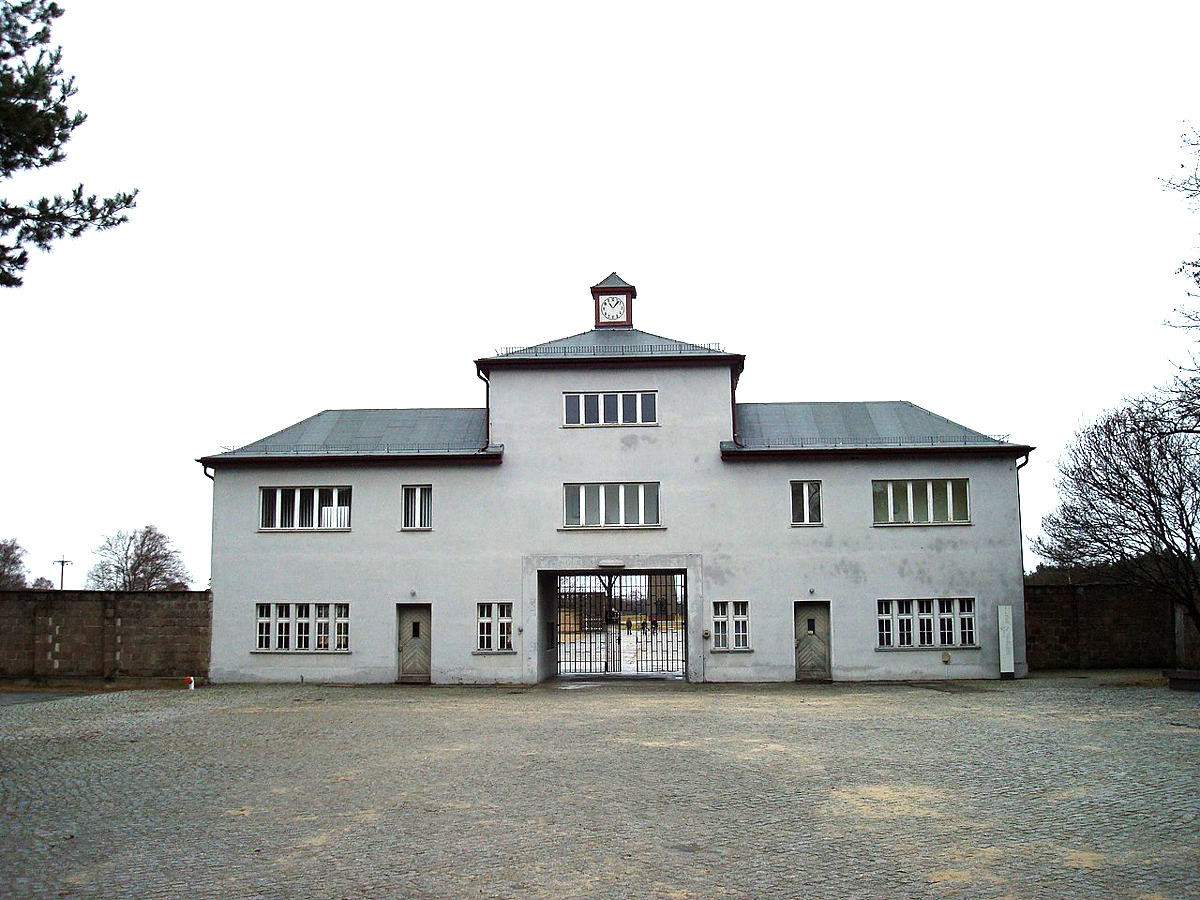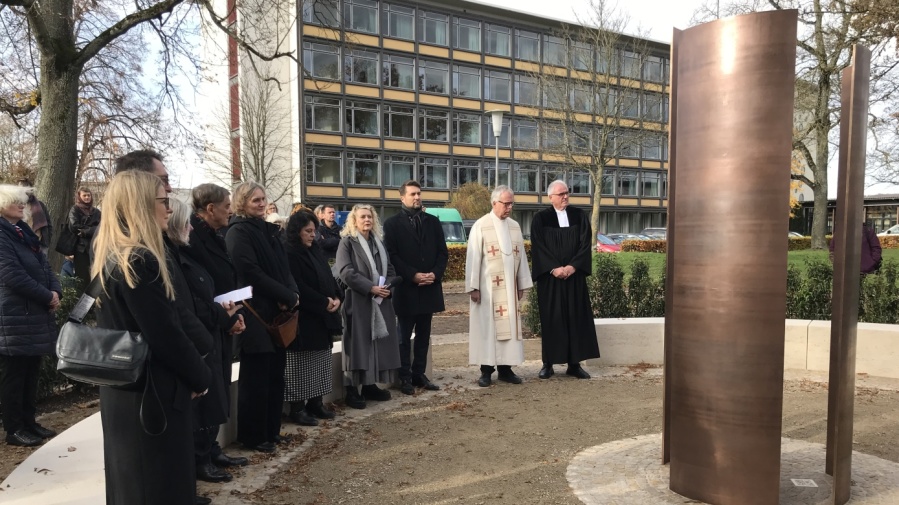The MiGZIN (2014) reports on the relationship of voters of the right-wing Euro-sceptic party Alternative for Germany (AFD) towards Rroma. Occasion for the analysis of the relationship between party affiliation and socio-political attitudes is the study „Die Parteien und das Wählerherz 2014“ of the University of Leipzig. The researchers surveyed 2400 Germans from 18 to 91 years about their electoral behaviour and political opinions. Regarding the relationship towards Rroma, the study states: “About 96 percent of the NPD voters have a problem with having Sinti and Roma in their living environment and think they tend to crime. 91 percent want to remove Sinti and Roma from the inner cities. The corresponding values for the followers of the AfD are at 75 percent and 73 percent. Also the majority of non-voters and supporters of the CDU/ CSU and SPD are rather Gypsy hostile. The most liberal are the supporters of the Green Party, but also among them, a third rejects Sinti and Roma.” The study also examined correlations between the level of educational attainment, income, and susceptibility to right-wing nationalist ideas: “Among the voters of the NPD and the non-voters we find the largest group poor people. One sixth of the NPD voters and one-fifth of non-voters have a monthly income of less than 1000 Euros. Among the voters of the FDP and the AfD there are few with a low income. Only 26.1 percent of the voters of the NPD have a monthly household income of more than 2500 Euros. In contrast, 55.6 percent of the FDP voters, 48.3 percent of the Pirate Party supporters, and 47.3 percent of the Green Party voters have an income of more than 2500 Euros. Among the voters of the Green Party, one finds the most people with higher education, 43.5 percent of them have high school diploma. In contrast, only 8.8 percent of non-voters and 13 percent of the NPD voters have the high school diploma.” The study shows that lack of education and economic deprivation increase the susceptibility to right-wing nationalist positions. It is therefore the duty of politics to promote the higher education of as many people as possible and to ensure the economic appreciation of the different professional groups. The study’s identified characteristics do of course not mean that poor uneducated people are automatically susceptible to extreme viewpoints. However, they have a higher statistical probability than other groups to sympathise with these positions and to be politically manipulated. In Germany, according to assessments of the Rroma Foundation, there are an estimated 110,000 to 130,000 Rroma. Before the genocide by the Nazis, there were much more. Many have lived in Germany for generations, speak fluently German, go to work and send their children to school. They are the proof that the stereotypes about the minority are inconsistent with reality (compare Decker/Brähler 2014, Universität Leipzig 2014).
- Decker, Oliver/Brähler, Elmar (2014) Die Parteien und das Wählerherz 2014. In: Universität Leipzig online vom 23.10.2014. http://www.uni-leipzig.de/~decker/waehlerherz_2014_grafiken.pdf
- MiGAZIN (2014) AfD-Wähler knapp hinter NPD-Wählern. In: MiGAZIN online vom 28.10.2014. http://www.migazin.de/2014/10/28/studie-afd-waehler-rechtsextremismus-npd-muslime-roma/
- Universität Leipzig (2014) Neue Mitte-Studie: NPD- und AfD-Wähler sind am deutlichsten rechts eingestellt. In: Universität Leipzig online vom 28.10.2014. http://www.zv.uni-leipzig.de/service/presse/nachrichten.html?ifab_modus=detail&ifab_id=5741






